Angie's List and NextDoor's Favorite: 2017 -2024
Common Household Items That Should Never Go Down the Drain
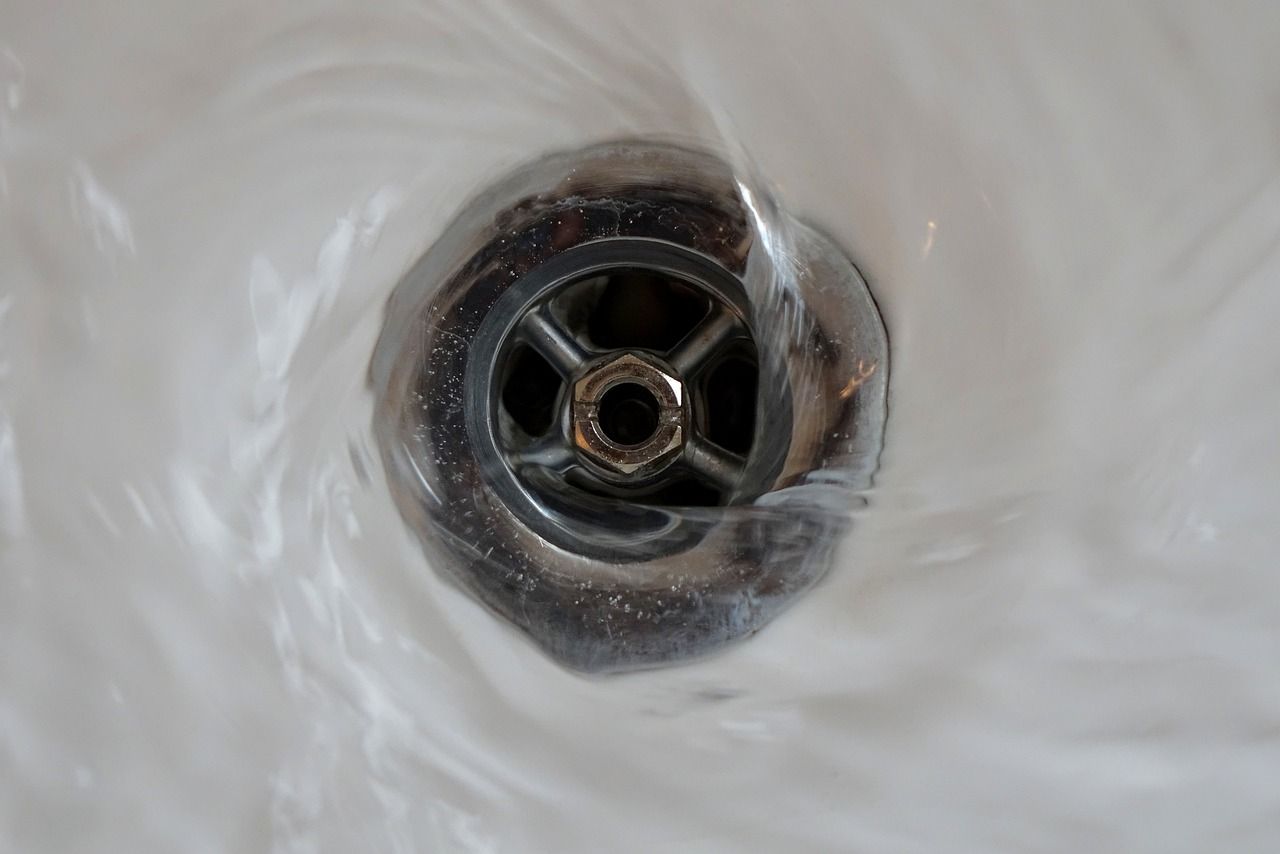
Have you ever wondered what happens to the things you pour down the drain or flush down the toilet? You might think they just disappear, but in fact, they can cause serious problems for your pipes, your sewer system, and the environment. Some items can clog your pipes, damage your plumbing, or create backups in your home or neighborhood. Others can pollute the waterways, harm wildlife, or contaminate drinking water sources. Here are six common household items that you should never put down the drain and how to dispose of them safely instead.
1. Paint
Paint can contain toxic chemicals that are harmful to aquatic life and water quality. Paint can also harden inside your pipes and create blockages. If you have leftover paint, you should not pour it down the drain or throw it in the trash. Instead, you should:
- Donate the paint to a local school, community center, or charity that can use it.
- Recycle the paint at a hazardous waste collection center or a paint recycling facility.
- Dry out the paint by leaving the lid off or adding kitty litter or sawdust, then throw it in the trash.
2. Pharmaceuticals
Pharmaceuticals include prescription drugs, over-the-counter medications, vitamins, and supplements. When you flush them down the toilet or sink, they can end up in rivers, lakes, and oceans, where they can affect fish and other animals. Some pharmaceuticals can also interfere with the treatment processes at wastewater plants and contaminate drinking water sources. If you have unwanted or expired pharmaceuticals, you should not put them down the drain. Instead, you should:
- Take them back to a pharmacy that has a drug take-back program or a disposal unit.
- Mail them to a company that offers drug disposal services.
- Participate in a national drug take-back day organized by the Drug Enforcement Agency (DEA).
- Mix them with an unpalatable substance like coffee grounds or kitty litter, seal them in a plastic bag, and throw them in the trash.
3. Cleaning products
Cleaning products such as bleach, ammonia, drain cleaners, and detergents can contain harsh chemicals that can damage your pipes, corrode your plumbing fixtures, or create toxic fumes. They can also kill beneficial bacteria in your septic system or wastewater plant and pollute the waterways. If you have leftover or unwanted cleaning products, you should not pour them down the drain. Instead, you should:
- Use up the cleaning products according to the label directions.
- Choose eco-friendly or natural cleaning products that are biodegradable and non-toxic.
- Dispose of the cleaning products at a hazardous waste collection center.
4. Motor vehicle fluids
Motor vehicle fluids such as oil, antifreeze, transmission fluid, brake fluid, and windshield washer fluid can contain toxic substances that can harm humans and animals. They can also create oily films on the water surface that prevent oxygen from reaching aquatic life. If you have used or leftover motor vehicle fluids, you should not put them down the drain or in the storm drain. Instead, you should:
- Store them in sealed containers and label them clearly.
- Recycle them at a local auto shop, gas station, or recycling center that accepts motor vehicle fluids.
- Dispose of them at a hazardous waste collection center.
5. Grease, fats, and oils
Grease, fats, and oils are common byproducts of cooking that can solidify inside your pipes and create clogs. They can also stick to other items such as wipes, tissues, hair, and food scraps and form large masses called fatbergs that can block sewer lines and cause overflows. If you have grease, fats, or oils from cooking, you should not put them down the drain or garbage disposal. Instead, you should:
- Let them cool down and scrape them into a container with a lid.
- Throw them in the trash or compost them if they are vegetable-based.
- Reuse them for other cooking purposes such as frying or baking.
- Take them to a local facility that collects grease for biodiesel production.
6. Flammables
Flammables are items that can catch fire easily such as matches, lighter fluid, gasoline, kerosene, nail polish remover, aerosol cans, and fireworks. Flushing flammables down the drain can create fire hazards in your pipes or sewer system. They can also explode when exposed to heat or sparks and cause injuries or property damage. If you have flammable items that you don't need anymore, you should not put them down the drain or in the trash. Instead, you should:
- Use them up according to the label directions.
- Store them in a cool, dry, and well-ventilated place away from heat sources and children.
- Dispose of them at a hazardous waste collection center.
By following these tips, you can help protect your pipes, your sewer system, and the environment from harmful items that don't belong down the drain. You can also save money on plumbing repairs, avoid unpleasant backups, and reduce your environmental impact. Remember, when in doubt, throw it out!
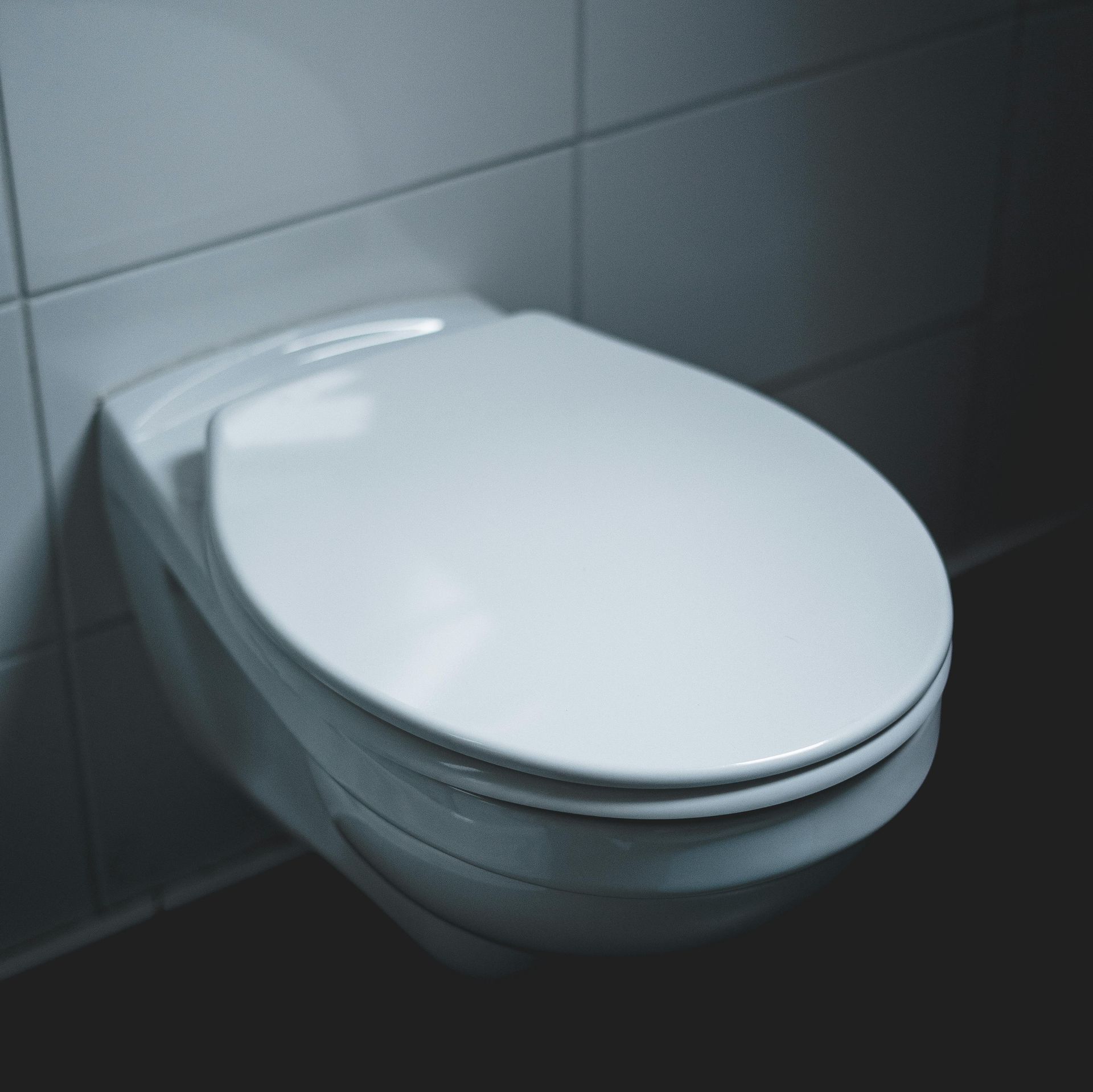
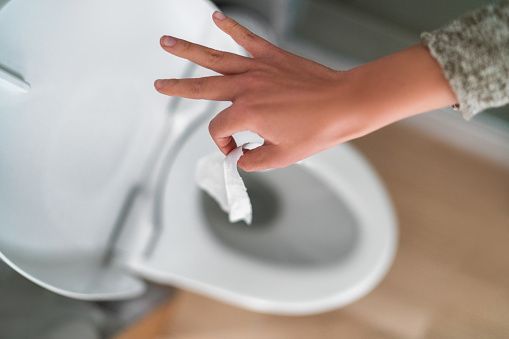
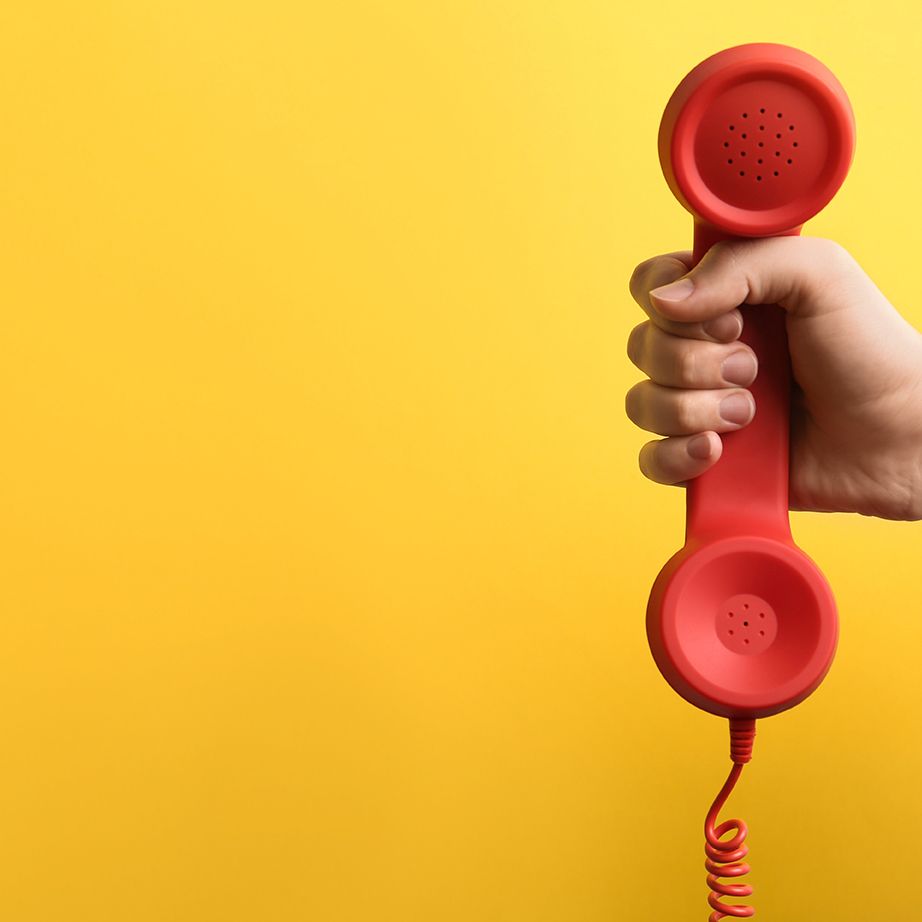
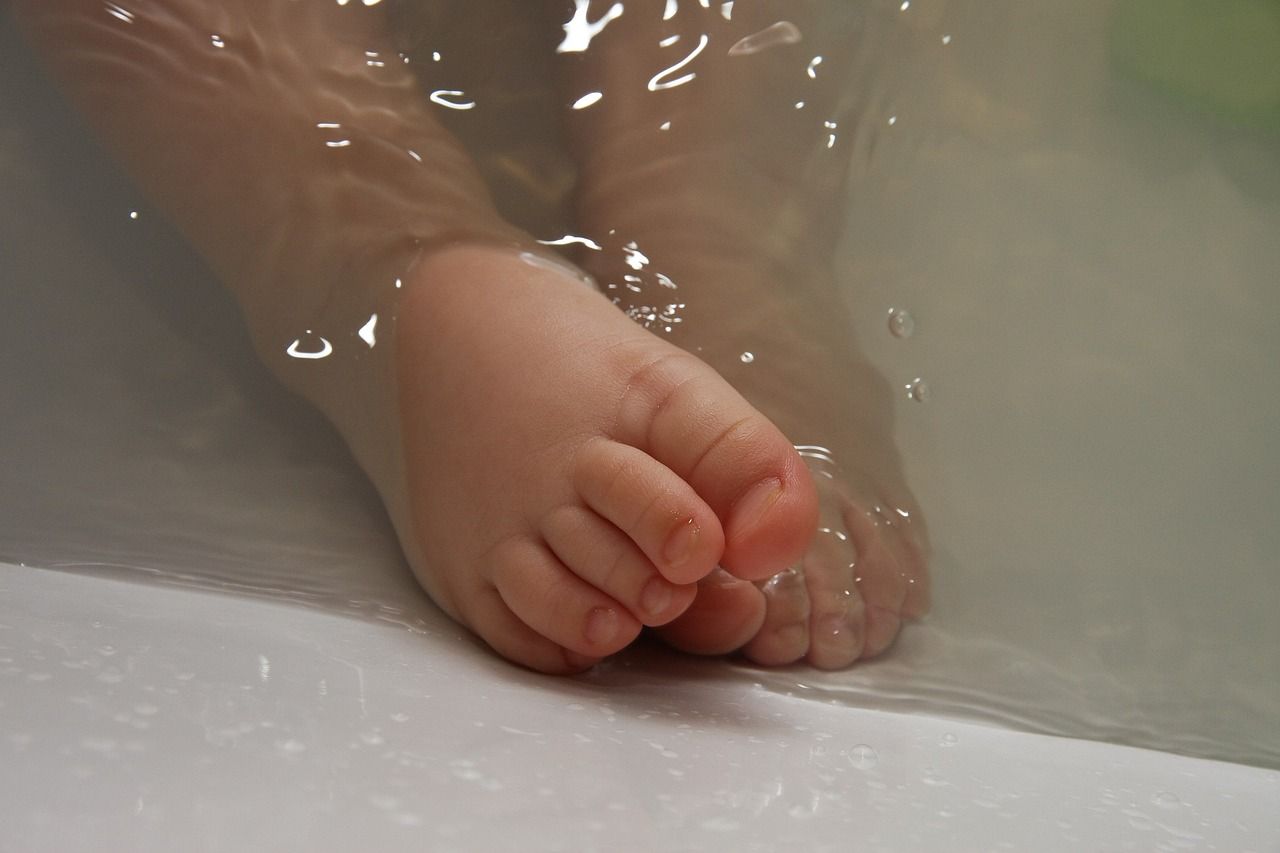
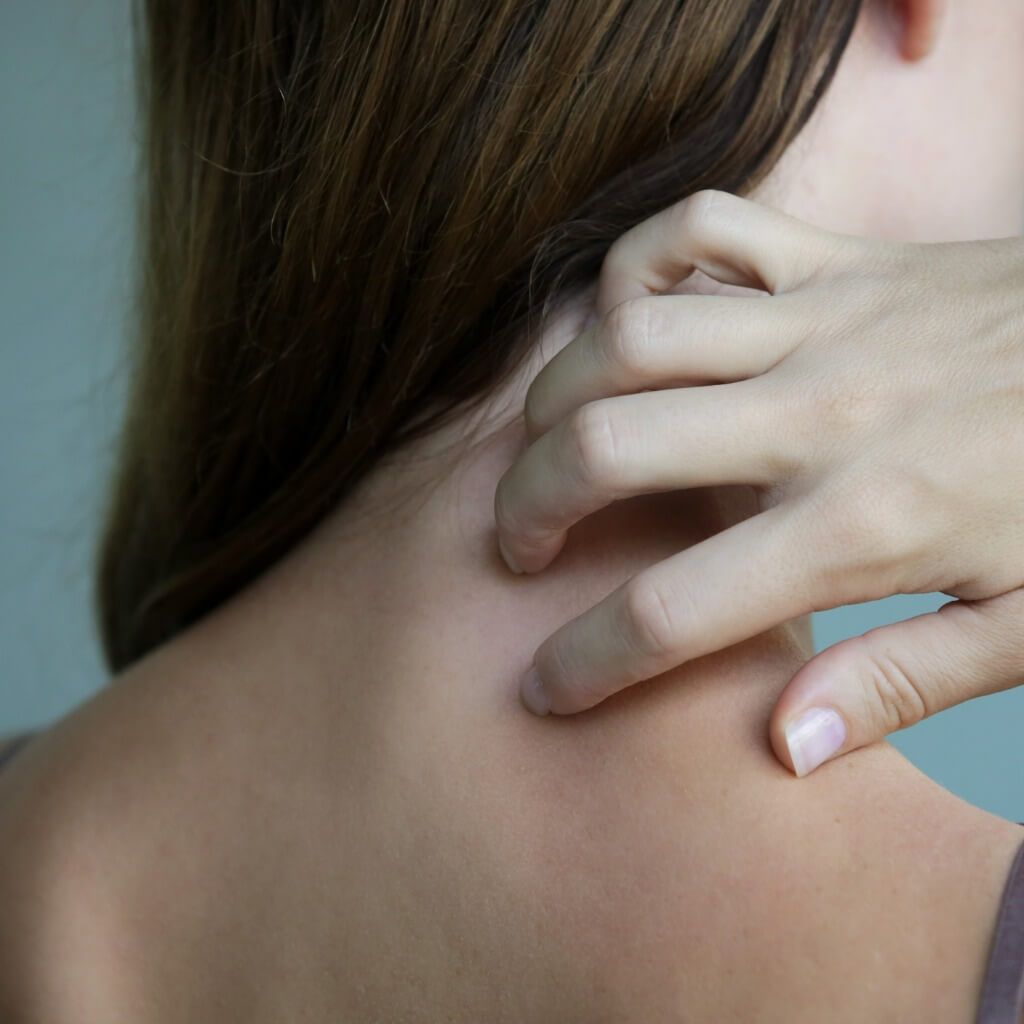
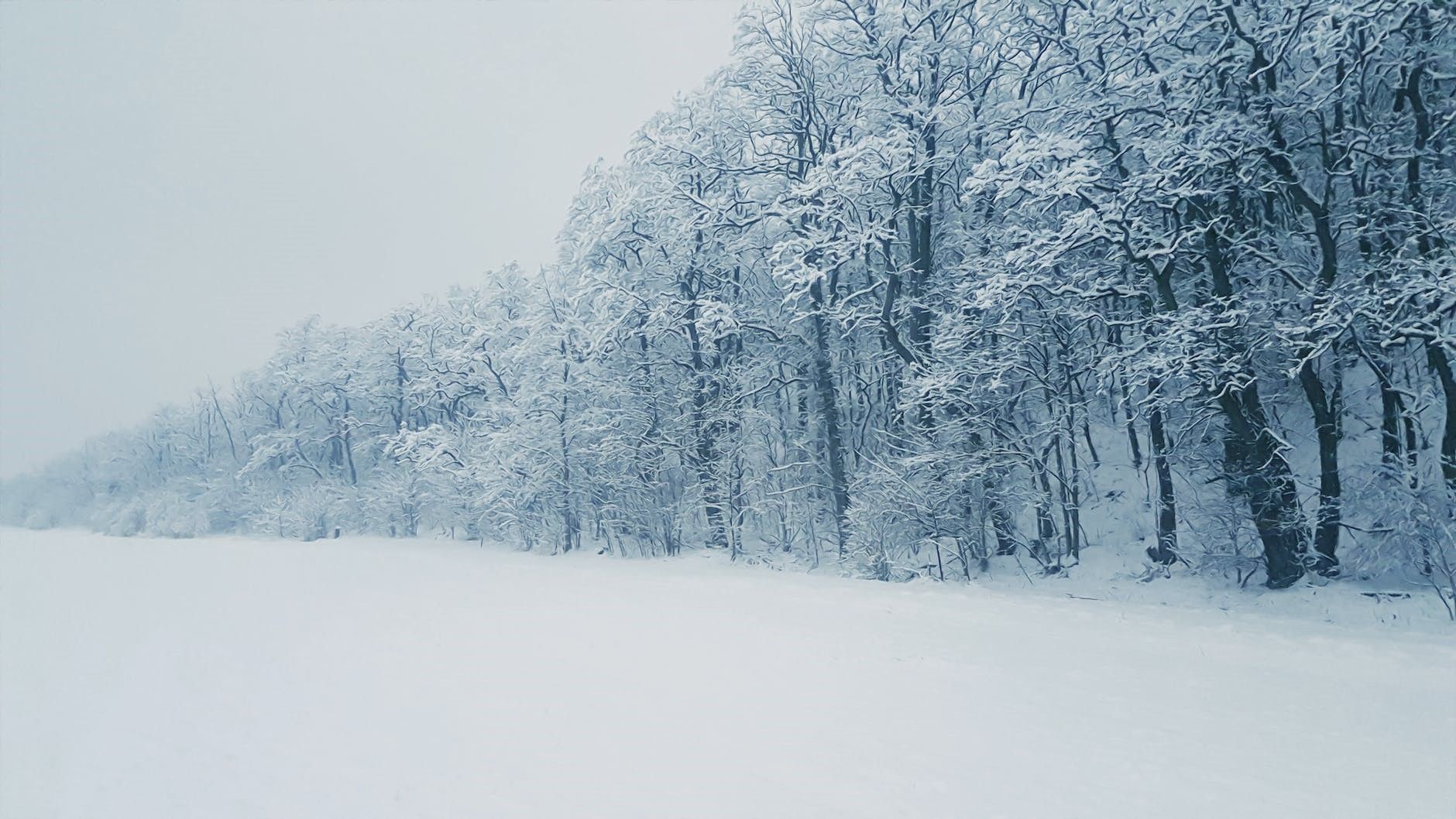
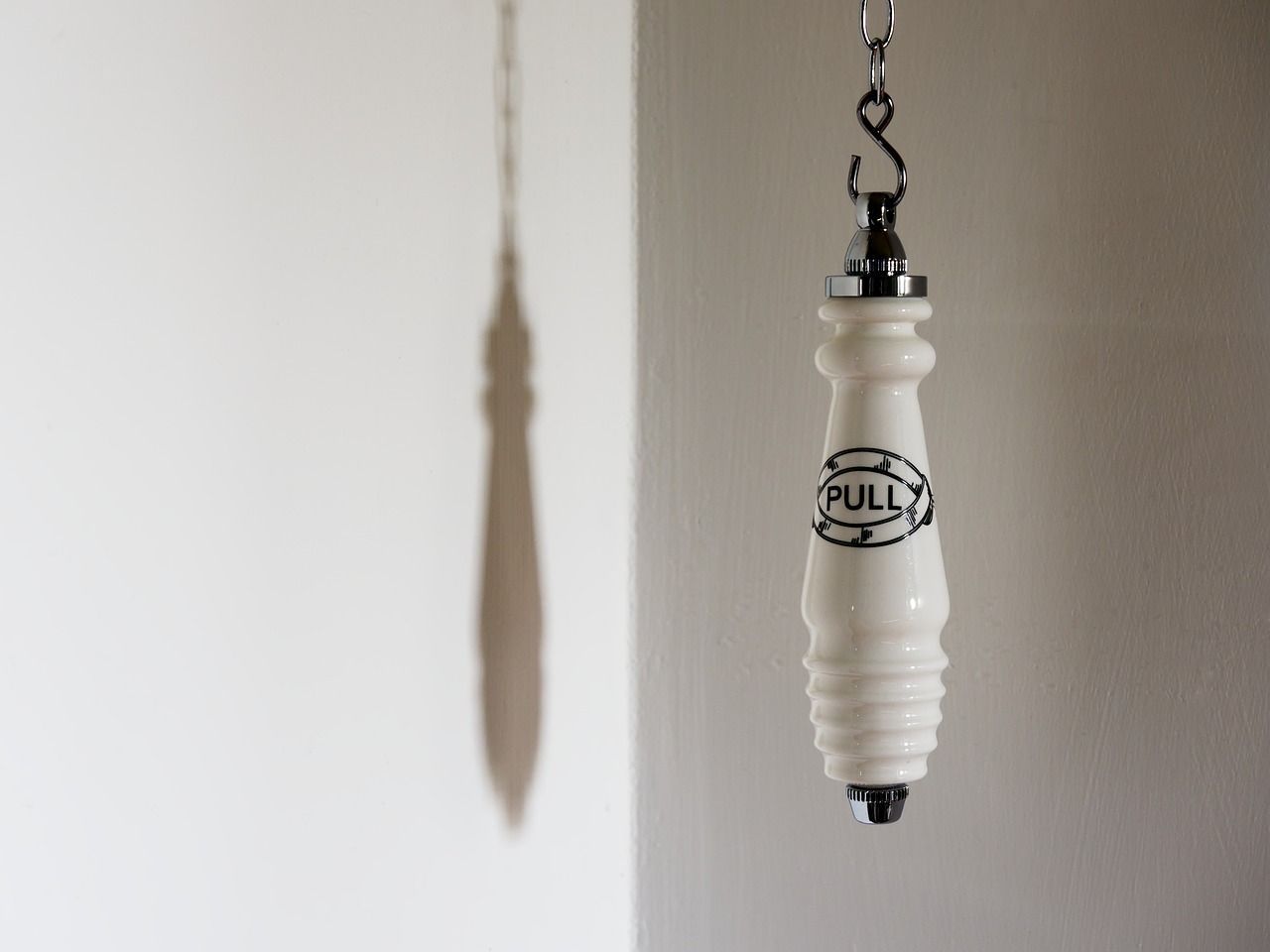
SERVING
and Surrounding Areas

HOURS
Hours:

CONTACT US
Master License # M-39624
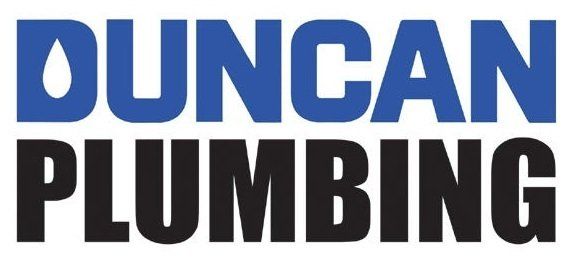
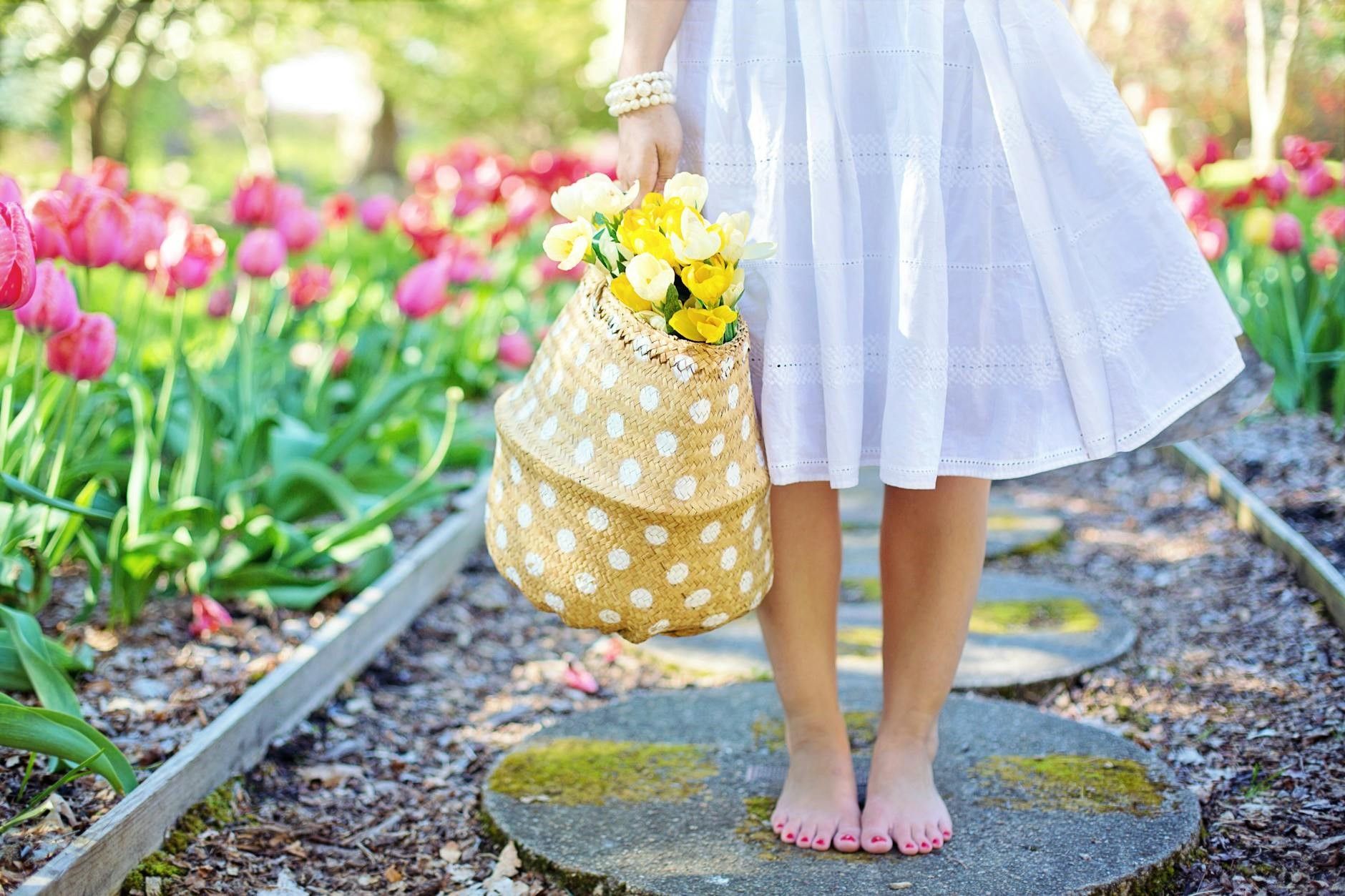
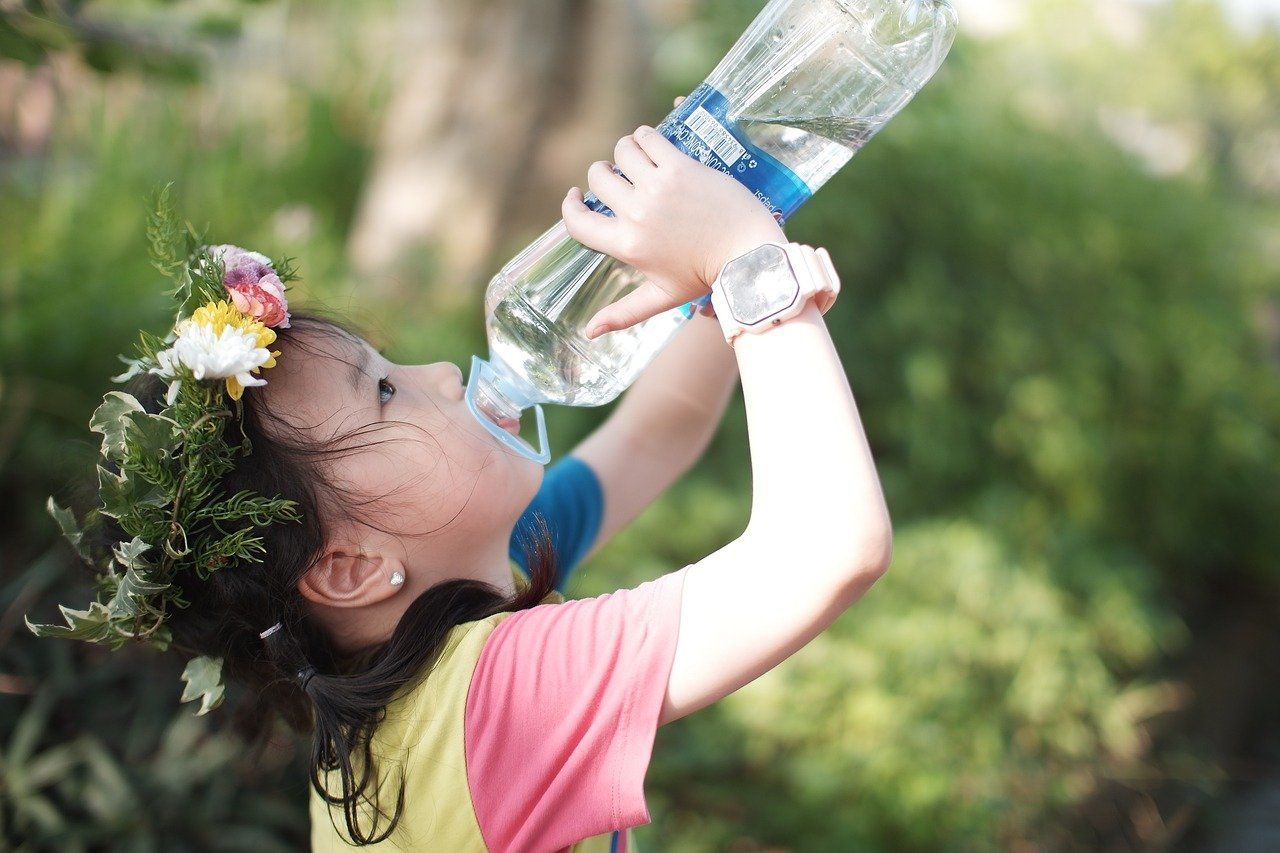
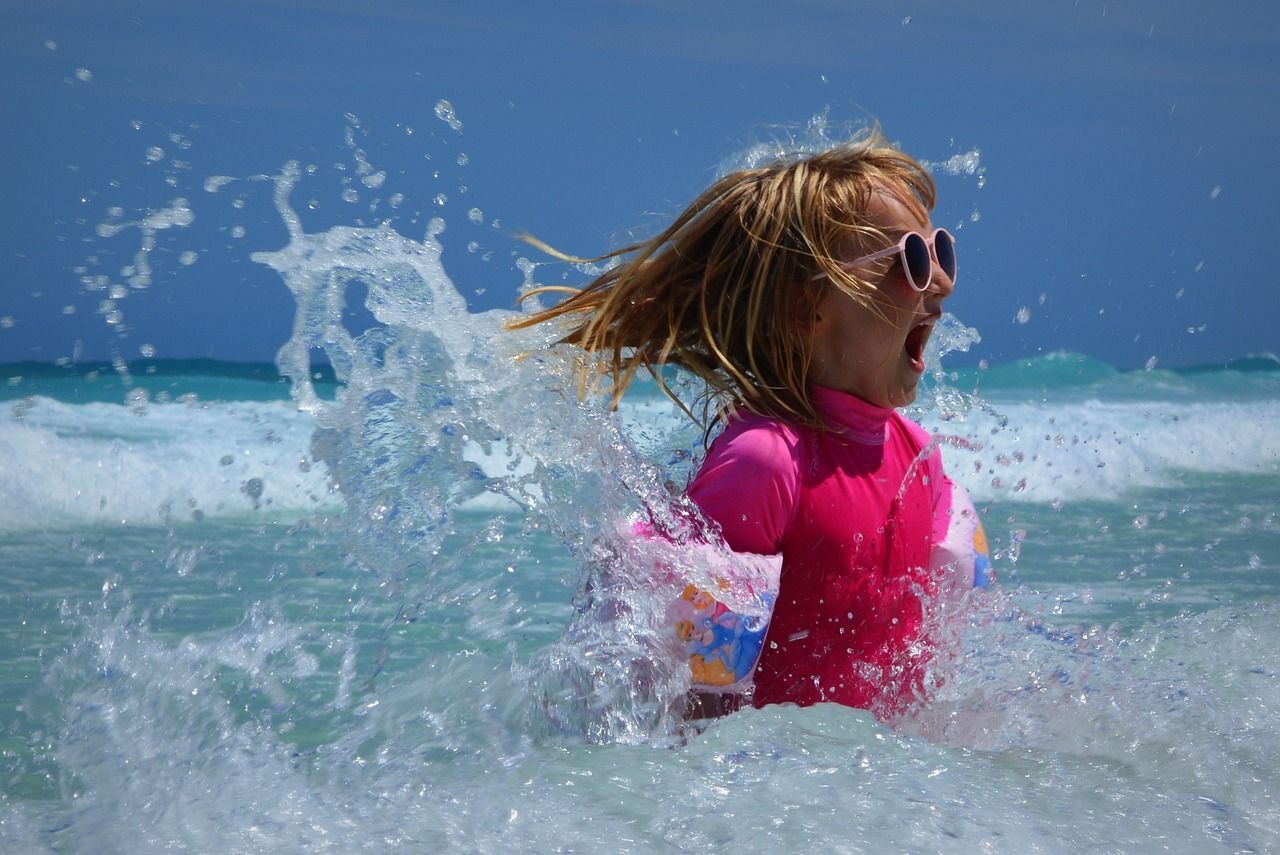


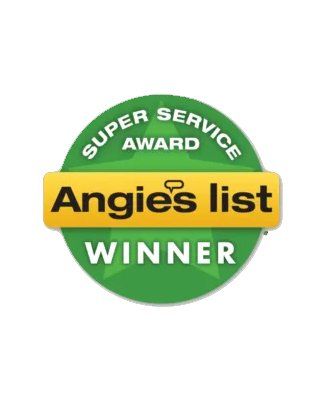
















Share On: